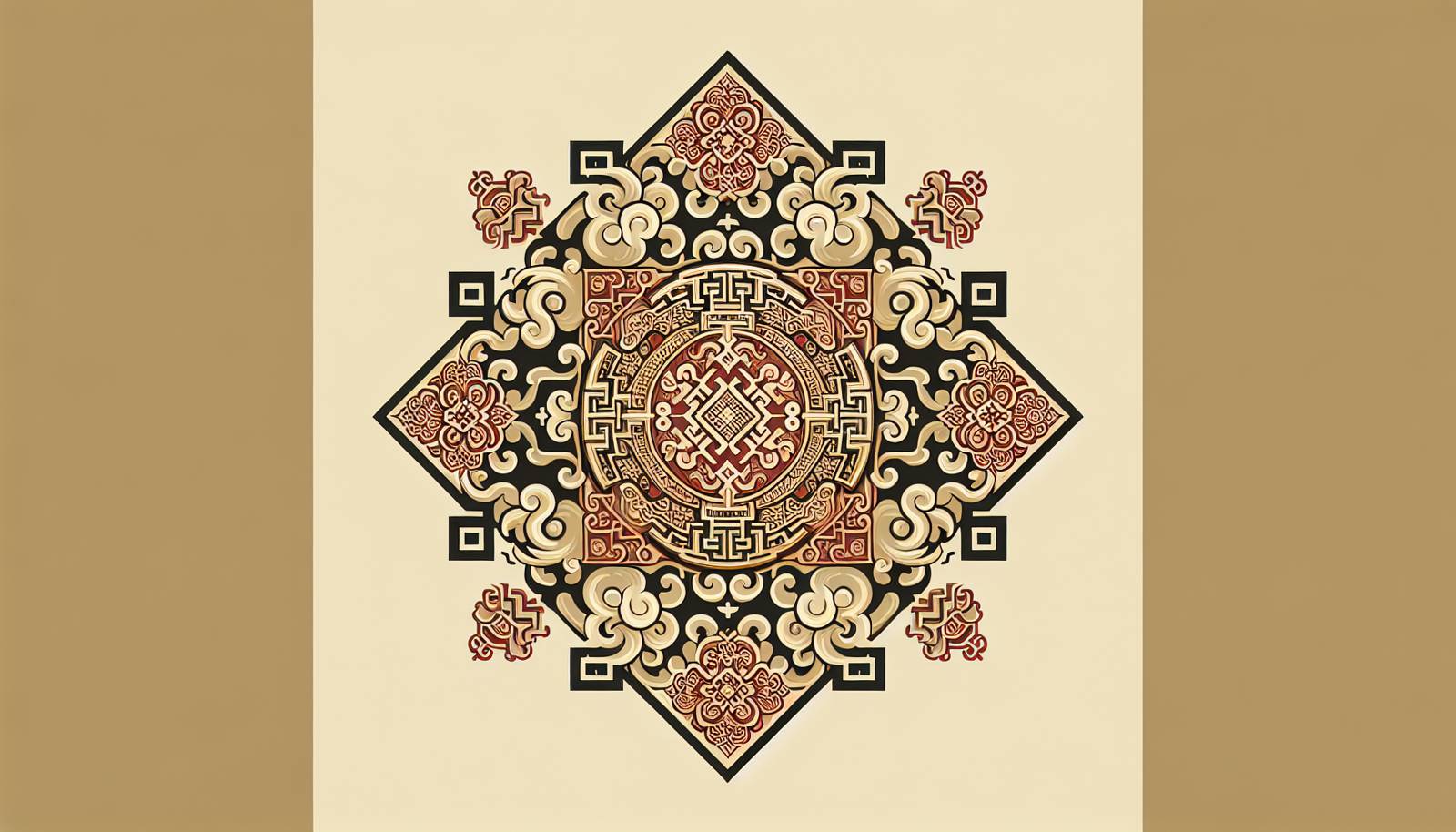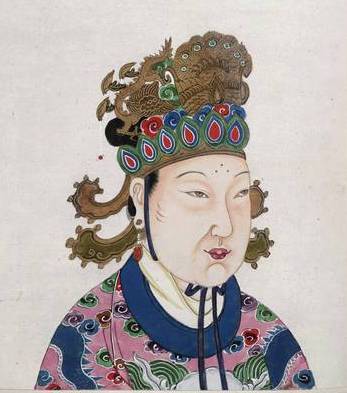
FAQ About Wu Zetian

Who was Wu Zetian?
Wu Zetian was the only female emperor in Chinese history, reigning during the Tang dynasty from 690 to 705. She established her own dynasty, the Zhou, interrupting the Tang dynasty. Wu Zetian was a pivotal figure known for breaking gender norms and implementing reforms that enhanced the efficiency of the government administration.

How did Wu Zetian become the emperor of China?
Wu Zetian rose to power through her intelligence and political acumen. Initially a concubine of Emperor Taizong, she later became the consort and then empress to his successor, Emperor Gaozong. After Gaozong's death, she acted as a regent for her sons before eventually declaring herself the emperor, establishing the Zhou dynasty and ruling in her own right.

What significant reforms did Wu Zetian implement during her reign?
Wu Zetian implemented several significant reforms to strengthen centralized power and improve governance. She expanded the imperial examination system to allow people from less influential backgrounds to serve as officials, thus creating a more meritocratic bureaucracy. Her efforts in supporting agricultural development and promoting Buddhism also left a lasting impact on Chinese society.

What is Wu Zetian's legacy in Chinese history?
Wu Zetian's legacy is a complex one. She is credited with being a shrewd and effective ruler who expanded China's influence and power. Her introduction of political reforms and support of cultural and religious initiatives have been praised. Conversely, some view her reign as controversial due to the methods she employed to consolidate and maintain her power, including purges of political rivals.

How did Wu Zetian maintain her power as a female ruler in a patriarchal society?
Wu Zetian maintained her power by strategically navigating the political landscape, leveraging alliances, and applying ruthless measures against adversaries. She utilized propaganda and promoted Buddhism, a religion which revered her as a divine leader, to bolster her legitimacy. Additionally, her effective governance won her the support of many scholars and officials.

What role did Buddhism play during Wu Zetian's reign?
Buddhism played a significant role in Wu Zetian's reign. She promoted Buddhism as the state religion, which helped legitimize her rule by associating herself with the divine aspects of the religion. This support for Buddhism was reflected in increased temple constructions, translation of Buddhist texts, and sponsorship of religious projects.

What challenges did Wu Zetian face during her rule as emperor?
Wu Zetian faced numerous challenges during her rule, including opposition from Confucian scholars who disapproved of a woman in power and political rivals who contested her authority. She also dealt with internal rebellions and plots within the court. Despite these challenges, her political savvy and strong administrative measures allowed her to maintain control.

How did Wu Zetian influence women's roles in Chinese society?
Wu Zetian's rise to the highest political position challenged traditional gender roles in Chinese society. Her reign inspired women and opened discussions on women's capabilities beyond traditional domestic spheres. Although her immediate impact on women's status was limited, she laid a foundation for future generations to question and redefine women's roles in society.

What is the significance of the Zhou Dynasty founded by Wu Zetian?
The Zhou Dynasty, founded by Wu Zetian, was significant as it represented a break from the Tang Dynasty, marking an era of reform and a shift in political power dynamics. It was a period where the central government was strengthened, and Wu Zetian's rule laid the groundwork for subsequent Tang leaders after the dynasty was restored following her reign.

Did Wu Zetian have any children?
Yes, Wu Zetian had several children. She had four sons with Emperor Gaozong: Li Hong, Li Xian, Li Zhe, and Li Dan. Her children played crucial roles during her reign and in the continuation of the Tang dynasty after her death.

Why is Wu Zetian sometimes viewed negatively in historical accounts?
Wu Zetian is sometimes viewed negatively due to the ruthless tactics she used to suppress opposition, including purging and executing rivals, which some historians interpret as tyrannical. These accounts have been somewhat influenced by Confucian scholars of later dynasties who disapproved of her rule and emphasized her more controversial actions.

Where was Wu Zetian born and where did she die?
Wu Zetian was born in Wenshui County, Shanxi, around 624 AD. She died in 705 AD in Luoyang, which was then the eastern capital of China, after being deposed as emperor and spending her last years at court as dowager empress.

What cultural achievements occurred during Wu Zetian's reign?
During Wu Zetian's reign, there were several cultural achievements, including the flourishing of literature and the arts, supported by her patronage. Buddhist culture experienced significant growth, leading to the construction of important religious sites and the translation and dissemination of Buddhist scriptures, which enriched Chinese cultural and religious life.

How did Wu Zetian's reign come to an end?
Wu Zetian's reign came to an end due to a combination of court conspiracies, age-related health issues, and pressures from officials within her administration. In 705 AD, she was forced to abdicate the throne, allowing her son, Emperor Zhongzong, to restore the Tang dynasty. She lived the remaining months of her life in relative peace at court.

What was the role of Wu Zetian's family in her rise to power?
Wu Zetian's family played an instrumental role in her rise to power. Her well-connected family background allowed her to first enter the imperial court as a concubine. Her marriage connections and her position as Empress consort to Emperor Gaozong further cemented her influence and facilitated her eventual rise to emperor.

How did Wu Zetian deal with threats to her power?
Wu Zetian dealt with threats to her power through strategic appointments, alliances, and ruthless suppression of rivals. She utilized intelligence networks to uncover and dismantle plots against her. Her decisive and often harsh actions maintained her authority and deterred would-be challengers to her reign.

What was Wu Zetian's relationship with the military?
Wu Zetian maintained a strong relationship with the military, understanding its crucial role in preserving her reign. She made key military appointments based on loyalty and merit, thus securing the military's support. Her strategic and administrative capabilities helped maintain internal stability and fend off external threats.

What is one of the most famous acts of Wu Zetian's reign?
One of the most famous acts of Wu Zetian's reign was her declaration as Emperor, marking the first and only case of a female emperor in Chinese history. This act was a bold defiance of traditional gender roles and established her dominance over the Tang dynasty, temporarily replacing it with her Zhou dynasty.

How has Wu Zetian been portrayed in modern media?
In modern media, Wu Zetian has been a character in numerous films, television series, and literature, typically portrayed as an intelligent and ambitious woman who defies convention. These portrayals often explore her political maneuvers and complexities, reflecting contemporary interpretations of her legacy.
